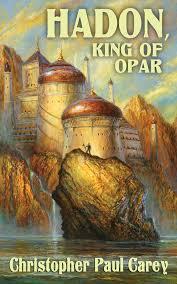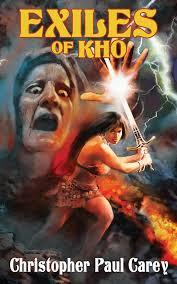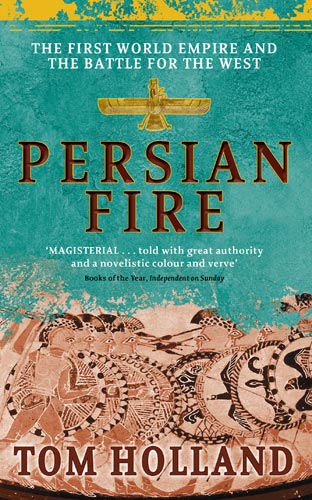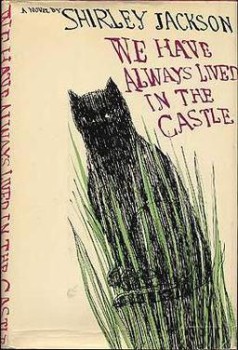The Public Life of Sherlock Holmes: The MX Book of New SH Stories
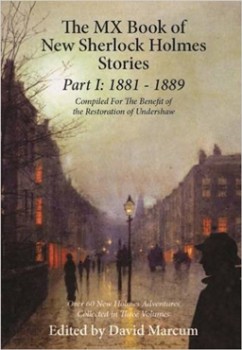 On October 1, The MX Book of New Sherlock Holmes Stories will be released, with a major party in London taking place to commemorate the event. It is a MASSIVE, three-volume collection containing 2 Introductions, 3 Forewords, 2 Poems, 2 Essays and 63 brand new Sherlock Holmes stories. In fact, it’s the biggest collection of new Holmes stories ever!
On October 1, The MX Book of New Sherlock Holmes Stories will be released, with a major party in London taking place to commemorate the event. It is a MASSIVE, three-volume collection containing 2 Introductions, 3 Forewords, 2 Poems, 2 Essays and 63 brand new Sherlock Holmes stories. In fact, it’s the biggest collection of new Holmes stories ever!
The stories are arranged chronologically, with Part I covering 1881-1889 (23 stories); Part II including 1890-1895 (19 stories) and Part III dealing with 1896-1929 (21 stories). The authors range from those with their first published Holmes stories to New York Times best sellers.
This collection was put together by editor David Marcum, who is my main Solar Pons buddy. He emailed me one January afternoon, telling me he had had a dream the night before. He wanted to put “together an original traditional-Canon Holmes anthology for MX.” David writes Holmes books for MX Publishing in England and he had emailed MX head Steve Emecz already that morning.
David is a Holmes purist and as he wrote to me, “there would be no weird Alternate Universe or present-day stuff, no Holmes-is-the-Ripper, nothing where Watson is at Holmes’ funeral or vice versa.” He wanted traditional stories as Sir Arthur Conan Doyle would write them, narrated by Watson.
The part that I chuckle at now is that he said he planned on asking a small and select group of authors to participate. But there was no chance of that. More and more folks signed on and it grew from a single book to two to a trilogy.
